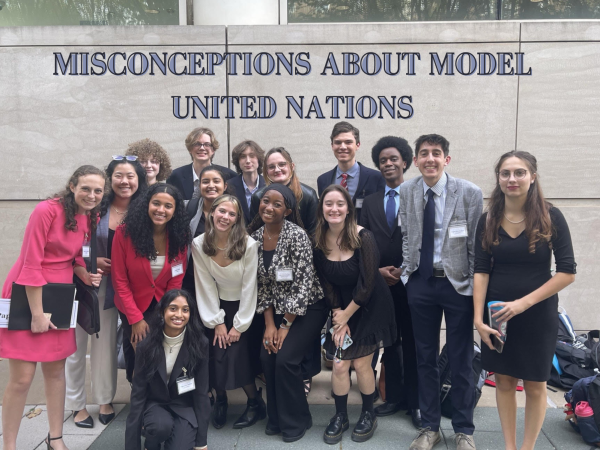Prioritizing the American people over space
November 11, 2019
“They say that every day the universe expands, and we discover certain things that we don’t understand well, dark matter ain’t the only mystery at hand, I’m wondering how the race to space is more important than the earth,” singer-songwriter David Sikabwe said.
Far, far away, on a planet, the human race hopes to one day discover, lies the faith of scientists hopeful for a possible inhabitant breakthrough on the planet of Mars. Annually, the United States government spends around 20 billion dollars (expected to increase every year) on space exploration, granting the world-famous National Aeronautics and Space Administration (NASA) a large subsidy to divide amongst its variety of departments. While numerous people argue that this 20 billion dollar allotment seems minuscule compared to the 4.4 trillion dollar U.S budget set by Congress, consider the possibilities that this amount of money could attain if they would just cut down on the funds granted to the exploration of space.
Most people will agree that the basic necessities of life for a normal human being include food, water, clothing, and shelter. According to the Department of Housing and Development, 553,000 homeless people live in the United States, the majority of whom lack those basic necessities. According to the National Bureau of Labor Statistics, the average American spends $2,641 on food every year. Taking this all into account, if the government reduced the funds to NASA by half the US could feed approximately 3,786,444 people (almost seven times the number of homeless people in the US).
“If normal human beings on Earth are not thriving on their own planet, then who cares about what is going on in space. Priorities need to be managed much better,’’ Magnet sophomore Kenna Armitage said.
Though the government should still provide funds to space exploration, the societal and economic problems outweigh the positive effects it brings. The massive 22 trillion national debt that seems to steadily increase supplies a concern for not only U.S. citizens, but people worldwide. If standards on Earth do not meet satisfactory desires, then why not issue funds from space exploration to other immediate problems. For comparison, picture an automobile that houses a broken engine. If the car cannot be started then one should not then look to purchase accessories such as paint or interior designs Building a strong foundation in any area of a structure will later allow one to develop more detailed additions.
“The challenges facing our space program are different. We’re no longer racing against an adversary. We’re no longer competing to achieve a singular goal like reaching the moon. In fact, what was once a global competition has long since become a global collaboration. But while the measure of our achievements has changed a great deal over the past 50 years, what we do-or fail to do-in seeking new frontiers is no less consequential for our future in space and here on Earth,” former U.S. President Barack Obama said (2013).
The continuous advancements in our “race to Mars” proportionally drive the economic stability of our country in the opposite direction. Overall, the safety and future of our great nation should prioritize over the unknown possibilities that lie in outer space.




















